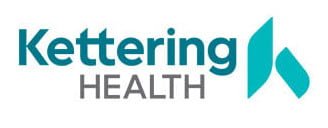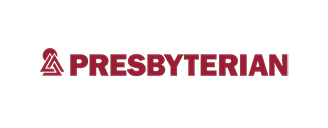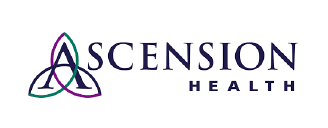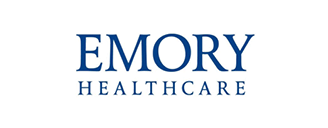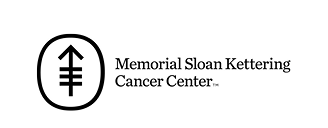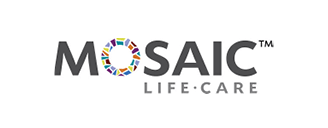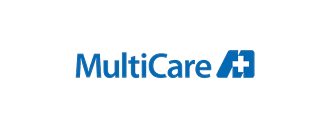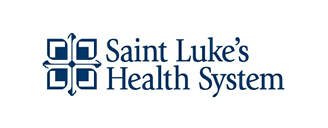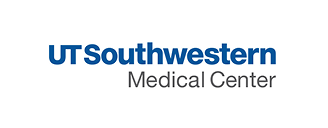Introduction
Specialty pharmacy is well-positioned to lead the healthcare industry in the shift towards value-based care.
Niche but high in value, specialty pharmacy already implements the unified, patient-centric approach that is foundational to value-based models. With attention to a few key opportunities and challenges, specialty pharmacies can champion value-based care within and beyond their organizations.
Value-Based Care Overview
Although a universal definition and practice of value-based care is still lacking, the Centers for Medicare and Medicaid Services (CMS) define value-based care as a healthcare delivery model focused on quality of care, provider performance, and patient experience.
The model emphasizes a more integrated approach wherein providers coordinate with each other, the patient, and across the health system to improve patient outcomes.
Importantly, value-based care also serves as a payment model for providers. In a value-based agreement, providers receive reimbursement for demonstrating improved patient outcomes.
In other words, the “value” of a value-based care model is health outcomes relative to the cost of care. Value-based models differ from traditional fee-for-service models where pay is based on the number of services delivered.
The Role of Specialty Pharmacy in Value-Based Care
Value-based care is no longer an inevitability but a reality for health systems across the United States. To improve patient outcomes and control inflationary costs, healthcare leaders are relying on value-based models to achieve both goals and more.
Where does specialty pharmacy fit into this overall strategy? Several unique characteristics of specialty pharmacies position them to readily adopt and scale value-based care:
- First, ensuring positive patient outcomes while managing costs is already at the core of specialty pharmacy services. Through medication therapy management (MTM) and other comprehensive strategies, specialty pharmacists are already providing the high-touch patient care required for a successful value-based care system.
- Second, by coordinating multiple healthcare stakeholders: patients, providers, drug manufacturers, payers, etc., specialty pharmacies promote cost efficiencies while maintaining a high standard of care for their patients with complex health conditions.
- Lastly, specialty pharmacies can more readily adopt value-based approaches given their relative level of autonomy. This is particularly true of independently owned specialty pharmacies which operate largely outside of the fee-for-service system.
Specialty pharmacies are uniquely positioned as high-touch patient care centers and effective unifiers of a fragmented healthcare system. This presents the ideal opportunity to implement value-based care and serve as exemplars of best practices industry-wide.
Implementing a Value-Based Approach in Specialty Pharmacy
Challenge 1: Slow adoption of value-based contracts
According to a 2023 survey by The Pharmaceutical Strategies Group, only 12% of payers are using value-based payment models for specialty drugs. Unsurprisingly, payers cited a lack of agreement on best practices as a key challenge to adoption.
Despite fragmented perspectives on value-based care, payers were unified on the need to control the skyrocketing costs of specialty drugs. More evidence pointing towards the efficacy of value-based payment models may help ease divisions within the market.
Opportunity 1: Specialty Pharmacies as Incubators of VBC
The healthcare industry is not yet unified on key points of the value-based paradigm shift, including, for example, the definition of value-based care itself. Specialty pharmacies can lead the way towards a greater standardization of value-based care.
Specialty pharmacies have the unique potential to serve as value-based care incubators, where they can solidify best practices that can be scaled across health systems.
With their clinical and operational expertise, specialty pharmacies can also help shape strategies to both implement value-based initiatives and monitor their outcomes.
Challenge 2: Lack of Investment in Implementation
Resource constraints are an ongoing concern across the healthcare industry, from large and complex health systems to independent specialty pharmacies.
To be sure, implementing value-based care often requires a substantial degree of up-front investment in technology, staff, and infrastructure.
Without the proper resources, the transition to value-based care can place additional pressure on already over-burdened staff, and uncover hidden inefficiencies that require further attention in the process.
Beyond just encouraging implementation, payers and contract partners must provide tangible support to ensure the success of value-based initiatives.
Opportunity 2: Technology Adoption to Facilitate VBC
Specialty pharmacies can implement technology solutions to streamline operations and build on their reputation for high-touch patient care.
Many specialty pharmacies have perfected the coordination of patients, clinicians, and payers with technology platforms. However, special attention can be directed toward more advanced technologies to automate dispensing and shipping/delivery workflows, for example.
To illustrate, specialty pharmacies often run dispensing and shipping on outdated, generic platforms, if any technology at all. Implementing specialized technology can streamline these workflows, reduce costly errors, and ultimately benefit patients with more organized care.
Lastly, specialty pharmacies can leverage technology to monitor and report on value-based initiatives. This can include measuring of health outcomes relative to costs and consolidating data for reporting, compliance, and accreditation.
Conclusion
With patient-centricity already ingrained in its services, specialty pharmacies can readily embrace the core principles of the value-based approach.
While challenges such as the slow adoption of value-based contracts and lack of resources persist, opportunities abound for specialty pharmacies to incubate best practices and leverage technology to streamline operations.
By seizing these opportunities and navigating challenges with strategic foresight, specialty pharmacies can champion value-based care within their organizations and catalyze broader industry-wide adoption.
About VPL Rx
VPL Rx is a clinically minded shipping, tracking, and compliance solution designed to modernize pharmacy distribution and promote healthier patients. Our quicker shipping workflow delivers prescriptions safely with real-time tracking, delivery alerts, and last-mile intervention. Exportable performance reporting and data analytics help pharmacies optimize costs and maintain compliance and accreditation.

